Some people say that detox drinks help remove toxins from a person’s body and promote weight loss. Typically, a person includes detox drinks as part of a detoxification diet. However, there is little substantial evidence that these types of drinks and food have any detoxifying effect.
Detoxification is based on medical science. Doctors would often use it when a person is addicted to certain drugs that cause harm to them.
 In this context, however, detoxification refers to the medically supported management of a person with acute intoxication. Detoxification also helps with any withdrawal symptoms that a person may experience when they try to stop taking drugs to which they are addicted.
In this context, however, detoxification refers to the medically supported management of a person with acute intoxication. Detoxification also helps with any withdrawal symptoms that a person may experience when they try to stop taking drugs to which they are addicted.
It is not always appropriate to use the word detox. Detox drinks may boost health, aid weight loss, and support the body’s natural detoxification processes, but this is different from medical detoxification.
Does Detox Actually Work?
A study notes that commercially available detox diets can improve a person’s liver from removing toxins from their body. However, the article also points out that these studies had incorrect methodologies and small sample sizes.
A study in Current Gastroenterology Reports, on the other hand, found that a detox diet can help a person lose weight, but only due to the fact that the diet is low in calories.
Furthermore, the authors note that diets that help a person lose weight by significantly reducing the number of calories they consume are unsustainable. Typically, people who take on such calorie-restrictive diets return to their weight in the medium to long term.
Are Detox Drinks a Bad Thing?
Although they do not detoxify in the medical sense, detox drinks can be healthy.
As per the Office for Disease Prevention and Health Promotion, 75% of the population do not consume enough fruit and vegetables. Consuming drinks containing fruit and vegetables as part of a balanced diet can be a good way to help a person get the nutrition and fibre they need.
Nevertheless, perhaps a better description of these drinks is a healthy drink. Normally, people use a food processor to turn fruits and vegetables into smoothies. As well as being an easy way to consume fruit and vegetables, the use of fresh ingredients preserves the fiber in fruit and vegetables that the juice itself lacks.
The Food and Nutrition Service recognizes that smoothies can play a part in child nutrition programs aimed at helping children to maintain a healthy diet.
Detox Drinks
How healthy a detox drink is will depend on the ingredients. For instance, a lemonade detox drink, containing lemon juice, cayenne pepper, and maple syrup sounds healthy, but contains few nutrients and is also high in sugar, which a lot of people should try to lessen.
A green smoothie containing carrots, calves, celery, beets, turnips, spinach, cabbage, parsley or cloves, contains many nutrients, but with little sugar, salt, and fat.
 Some people may find some combinations of ingredients in green smoothies a little overpowering. It can be a good way to find a combination of ingredients that tastes good while also being rich in nutrients following well-reviewed recipes online.
Some people may find some combinations of ingredients in green smoothies a little overpowering. It can be a good way to find a combination of ingredients that tastes good while also being rich in nutrients following well-reviewed recipes online.
Summary
There is scientific evidence supporting claims that detox drinks can help remove toxins from the body. However, detox drinks can be healthy if they contain plenty of fruit, vegetables, nuts, and seeds. A diet rich in fruits, fibre, vegetables, healthy proteins, fats, and fibrous carbohydrates promotes the body’s natural detoxification system and creates overall balance.
Drinking nutrient-dense smoothies can be a good and convenient part of a healthy diet. They can help a person consume more vegetables, fruit, and whole grains.
![[:en]Detox drinks are great for overall health.[:]](https://www.allurewellness.net/wp-content/uploads/2020/08/Untitled-design-66.png)
![[:en]Fiber can help clean the digestive tract.[:]](https://www.allurewellness.net/wp-content/uploads/2020/08/Untitled-design-60.png)

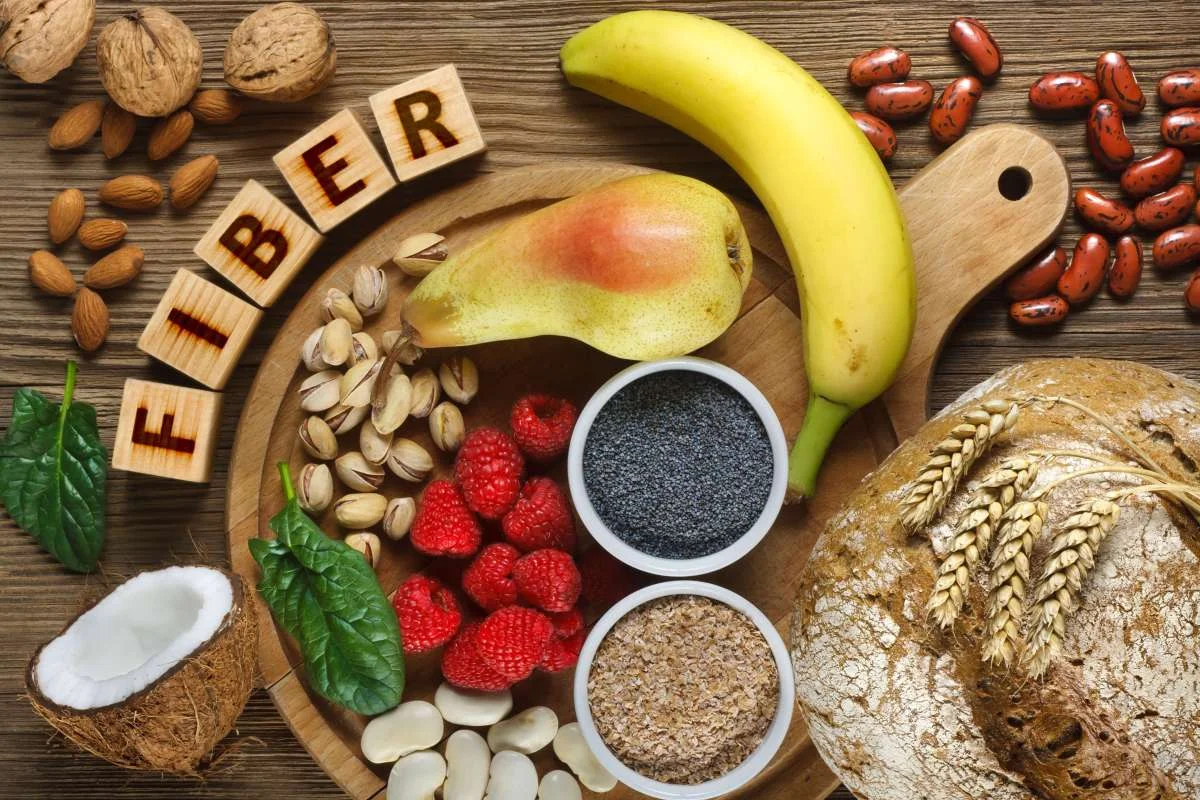


![[:en]Fibre can help cleanse the bowel.[:]](https://www.allurewellness.net/wp-content/uploads/2020/08/mkl.png)
 Increases Energy
Increases Energy Foods lack the fiber to move through the digestive tract at one-quarter the pace of high-fiber choices. This slow-moving food creates excess mucosa that actually sticks to your intestinal walls, weighing down the intestinal tract with pounds of decaying fecal matter. Colon cleansing can help with weight loss; some people claim to have lost up to 20 pounds in a month. The average human colon weighs about 4 pounds empty. It can hold up to eight meals worth of food before digestion finally occurs. Colon cleansing could result in significant weight loss,
Foods lack the fiber to move through the digestive tract at one-quarter the pace of high-fiber choices. This slow-moving food creates excess mucosa that actually sticks to your intestinal walls, weighing down the intestinal tract with pounds of decaying fecal matter. Colon cleansing can help with weight loss; some people claim to have lost up to 20 pounds in a month. The average human colon weighs about 4 pounds empty. It can hold up to eight meals worth of food before digestion finally occurs. Colon cleansing could result in significant weight loss, 
 Diabetes
Diabetes In a small-scale 2014 study, people taking 6 g of spirulina a day experienced
In a small-scale 2014 study, people taking 6 g of spirulina a day experienced ![[:en]Body cleansing can help you avoid certain diseases.[:]](https://www.allurewellness.net/wp-content/uploads/2020/07/Untitled-design-79.png)
 What is a Body Cleanse?
What is a Body Cleanse?![[:en]There are several ways to lower cholesterol naturally.[:]](https://www.allurewellness.net/wp-content/uploads/2020/07/Untitled-design-81.png)



![[:en]Dietary fiber can help with your digestion.[:]](https://www.allurewellness.net/wp-content/uploads/2020/07/Untitled-design-64.png)

![[:en]Fibre is an essential part of any diet.[:]](https://www.allurewellness.net/wp-content/uploads/2020/04/Psyllium-Husk-7.png)
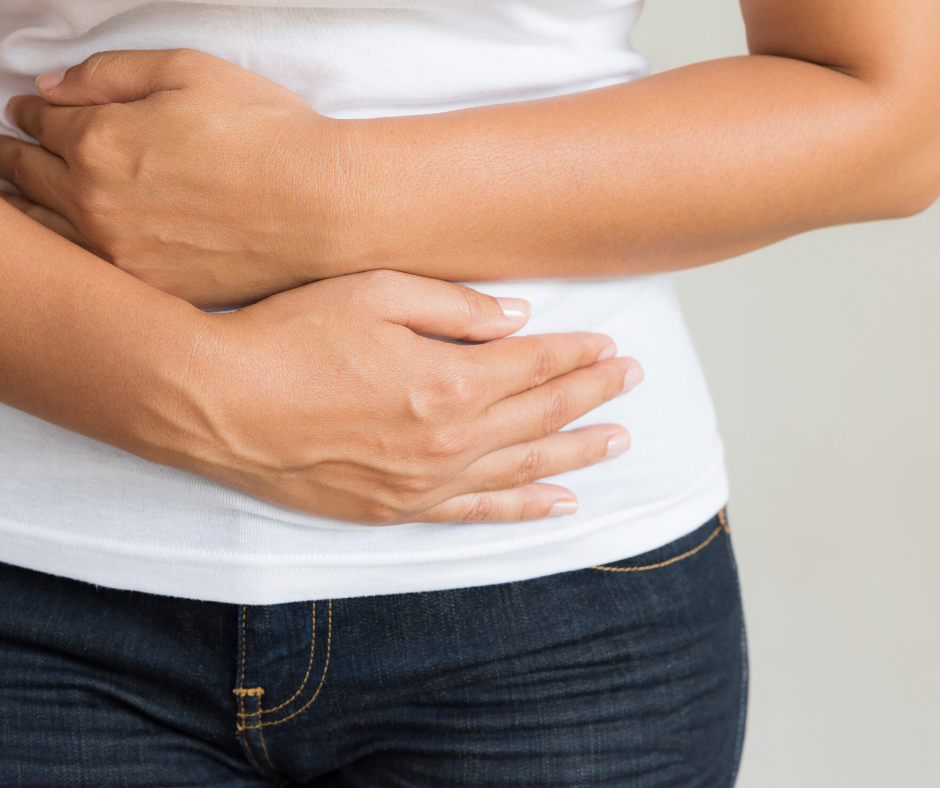 Bloating is caused by certain foods and gas. These include dairy, alcohol, processed foods, and carbonated beverages, to name a few. Fiber assists in offsetting these items by eliminating them from your body.
Bloating is caused by certain foods and gas. These include dairy, alcohol, processed foods, and carbonated beverages, to name a few. Fiber assists in offsetting these items by eliminating them from your body. High fibre diet foods
High fibre diet foods Since skin is our largest organ, it often gives clues as to what’s going on with your body and if you have a deficiency. Since fiber eliminates toxins from your body, if this does not happen, you will be susceptible to skin that is dull and acne-prone.
Since skin is our largest organ, it often gives clues as to what’s going on with your body and if you have a deficiency. Since fiber eliminates toxins from your body, if this does not happen, you will be susceptible to skin that is dull and acne-prone.![[:en]Fibrefirst helps control our weight.[:]](https://www.allurewellness.net/wp-content/uploads/2020/05/Psyllium-Husk-11.png)
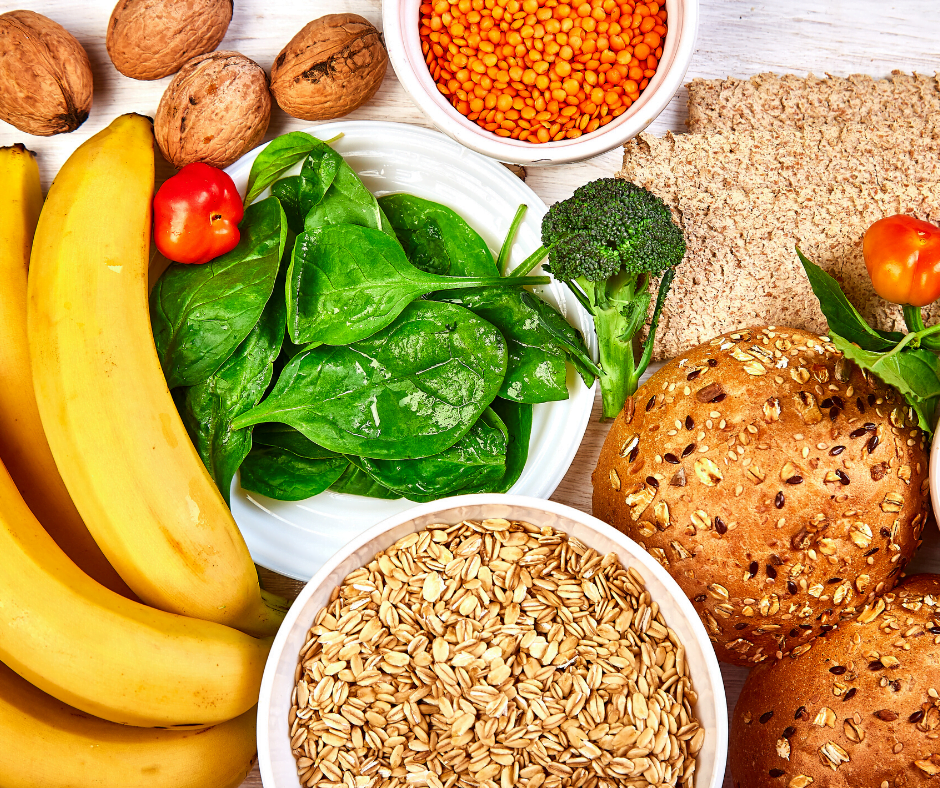 Dietary fibre
Dietary fibre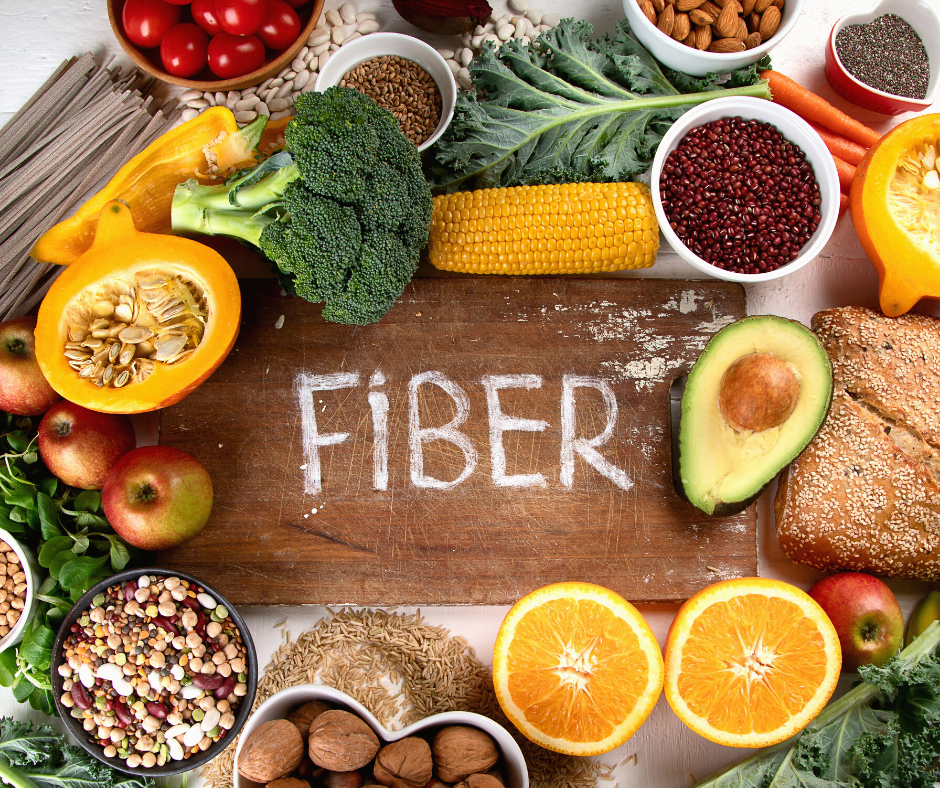 pplementsBy slowing down the rate at which food passes through the digestive tract, the fibre in
pplementsBy slowing down the rate at which food passes through the digestive tract, the fibre in ![[:en]The fibre in psyllium husk helps in weight loss.[:]](https://www.allurewellness.net/wp-content/uploads/2020/05/Psyllium-Husk-10.png)
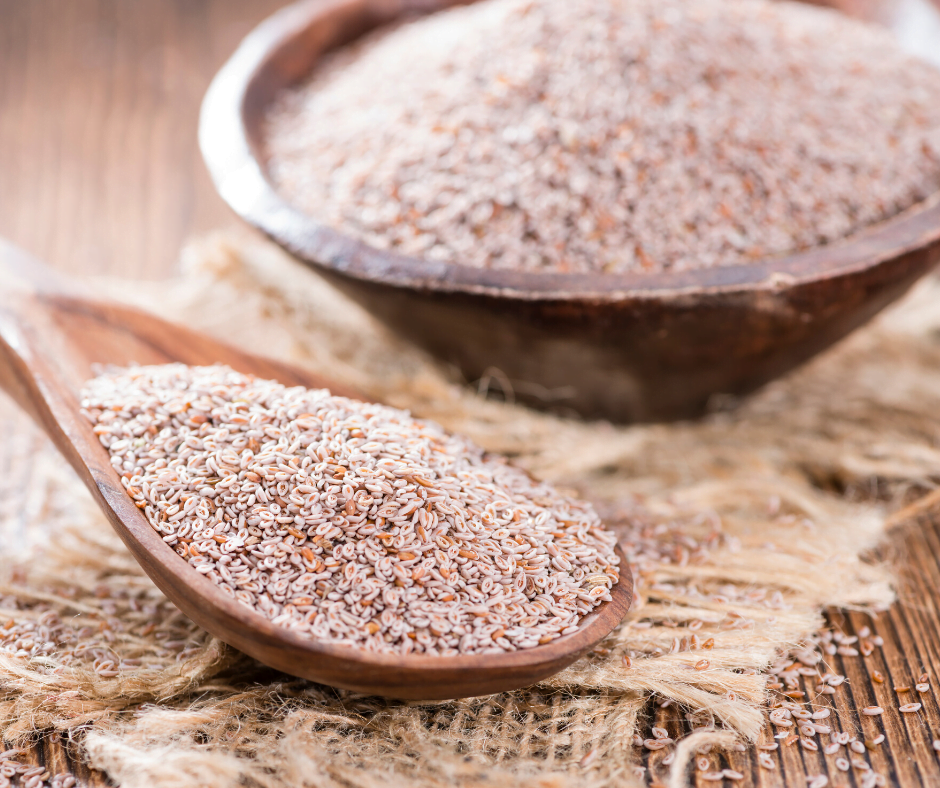 What is Psyllium Husk?
What is Psyllium Husk?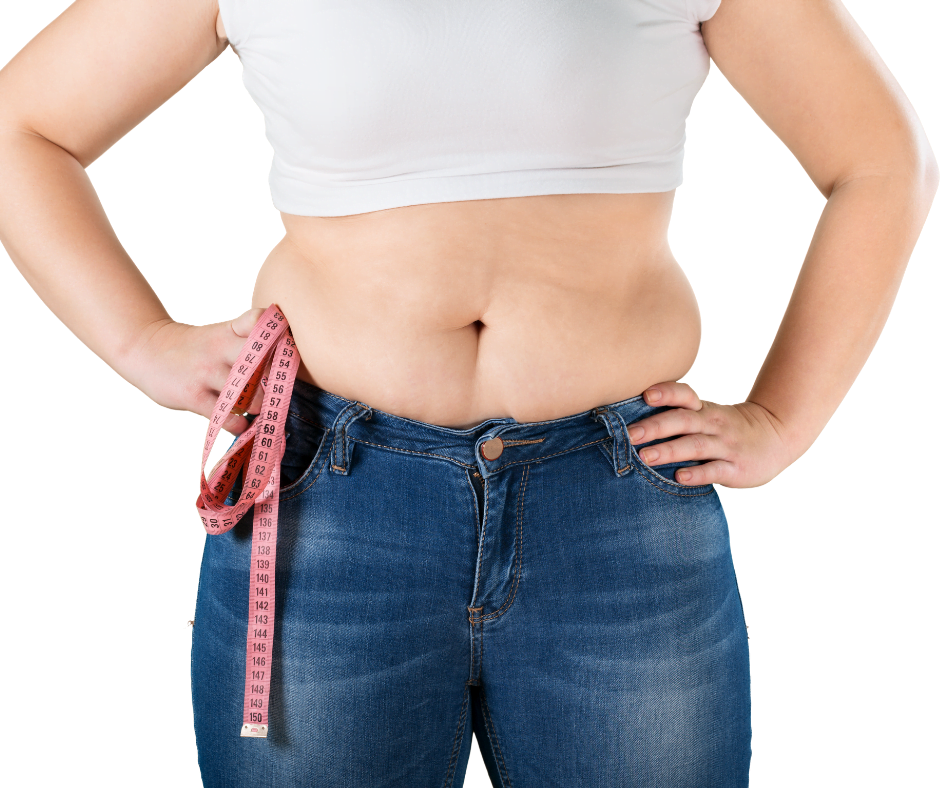 Since Psyllium Husk helps strengthen your digestive tract, improves immunity, and helps cleanse the colon, it works at the same time to create a healthy body that is immune to fat gain and thus helps you burn body fat and lose weight.
Since Psyllium Husk helps strengthen your digestive tract, improves immunity, and helps cleanse the colon, it works at the same time to create a healthy body that is immune to fat gain and thus helps you burn body fat and lose weight.